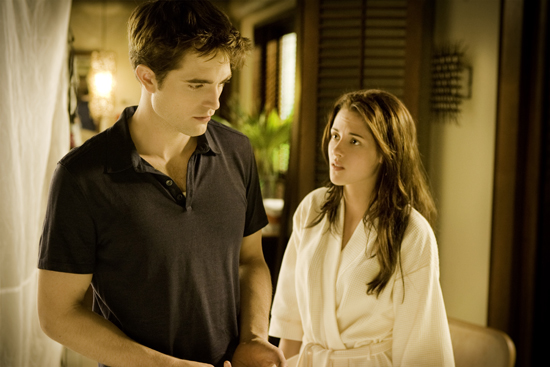 |
| George Clooney, Shailene Woodley, Amara Miller, The Descendants, Fox Searchlight Pictures, 2011. |
The Capra everyman, the Renoir pacifist, the average Joe is manifest in George Clooney, in a mesmerizingly nuanced performance in American master Alexander Payne's exceptional new picture, The Descendants.
Following two modern comic masterpieces, Election and About Schmidt, as well as two excellent films, Citizen Ruth and Sideways, Payne has created an immensely warm tribute to the man and the family through thick and thin. In casting Clooney, Payne has solidified his stance to make a movie as mercurial as life itself. The Descendants feels much more lived in, less stylized than Sideways, which isn't a detraction from either film; to the contrary, these things attest to their strengths. Payne transmits a human touch which is unmistakable. Here he continues his examination of American masculinity; his male protagonists are legendary, and Clooney does not disappoint. His perforation of his star persona and ability to honestly inhabit his character are astonishing.
Elsewhere, Phedon Papamichael's continued working relationship with Payne flowers as he lithely captures the beauty and sadness of the tropical landscapes, the soft touches of his great lens aiding our understanding of the characters' hearts and minds. The setting of Hawaii is inspired and mined well by the company. The ensemble cast including Robert Forster, Beau Bridges, Judy Greer, Michael Ontkean and Matthew Lillard are all typically fascinating casting by Payne, who still favors mixing professional with natural actors. Shailene Woodley and Amara Miller both give breakout performances as Matt's two daughters, shattered by their mother's coma. Elements of fear and loss come to the fore, as this middle aged Hawaiian businessman must deal with his two daughters and an upcoming family decision to sell ancestral land.
Payne allows scenes to roll their course, Clooney in sweet control of the proceedings. Occasionally, Woodley or Forster steal a scene. The enveloping feeling of the island, ancestry, family, materialism, masculinity and sexuality grasps us and only comes loose as several scenes in the third act falter or just plain don't work. Overall, Payne succeeds in summing up the fears and strengths of the modern American family man.











